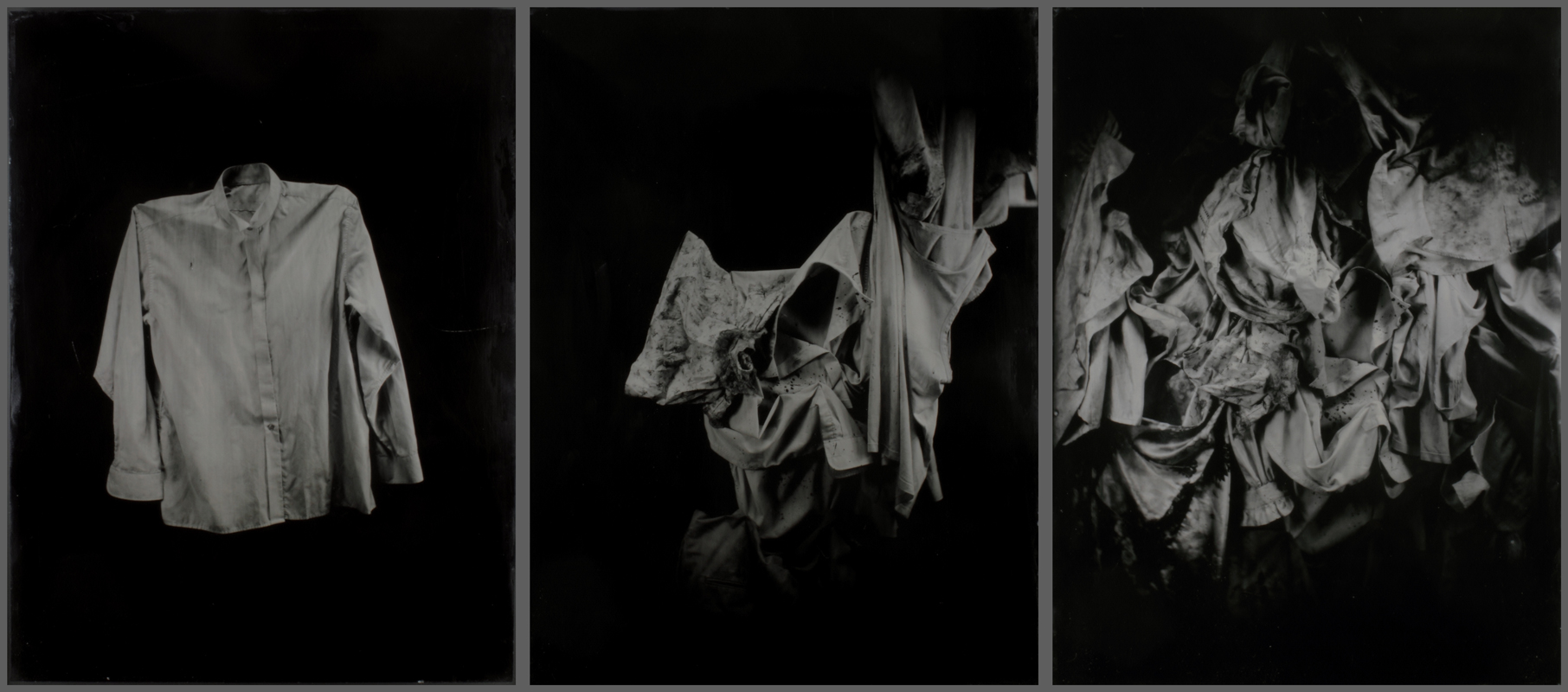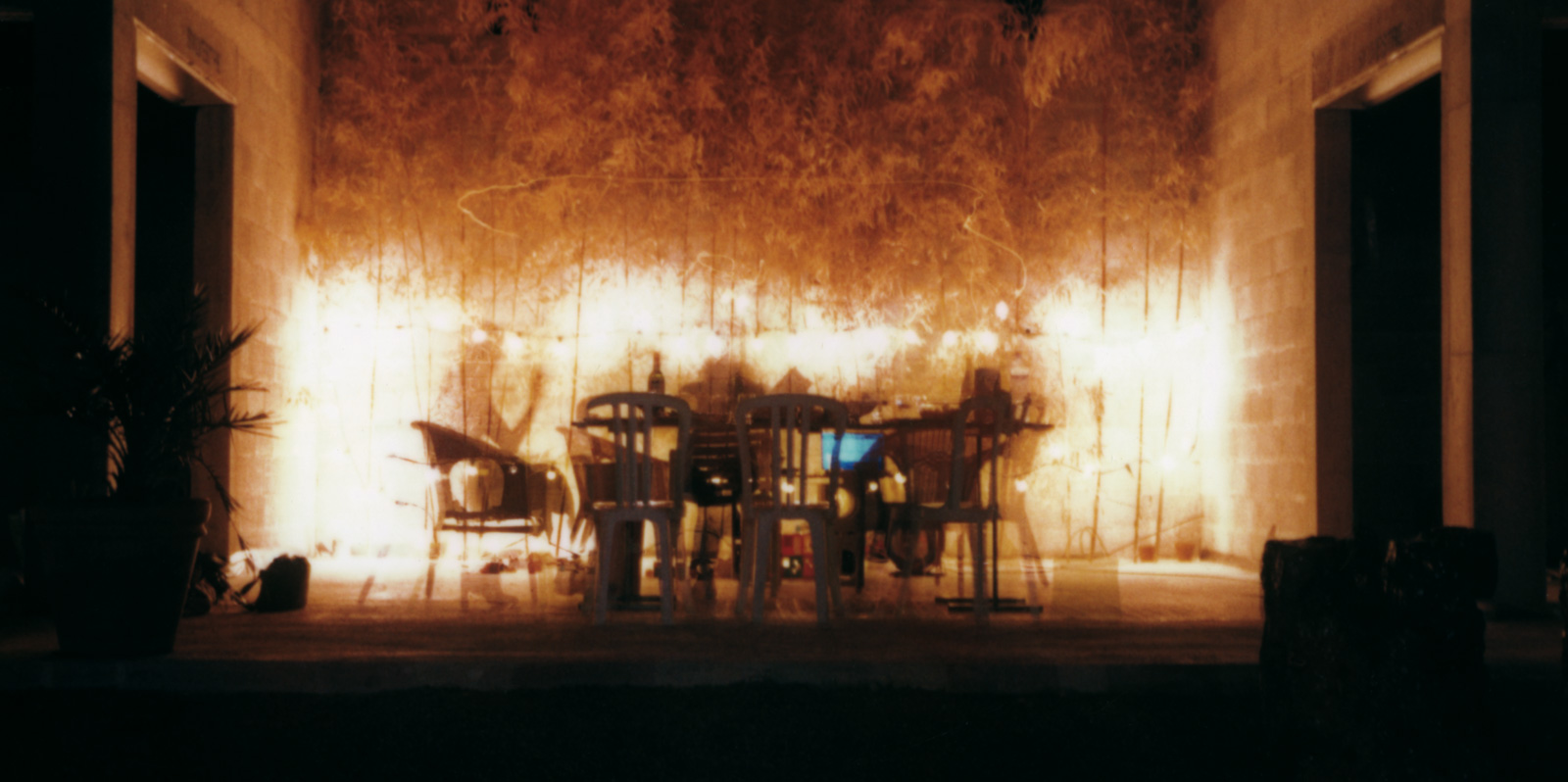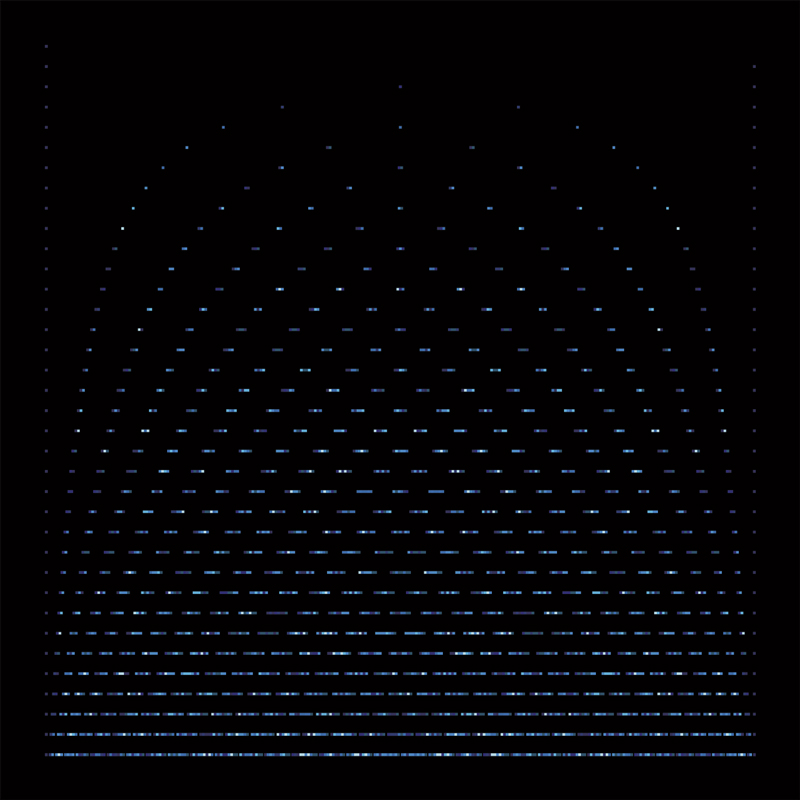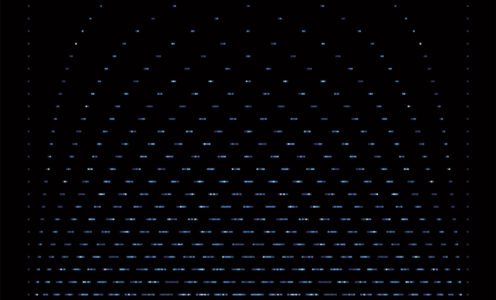During a walk in Paris, in the XIVth district to be precise, I wanted to discover and visit the Museum of the Liberation of Paris, General Leclerc’s museum, Jean Moulin’s museum. The idea of being able to enrich my knowledge on this historical page of the France of the XXth century and to benefit incidentally from the temporary exhibition, excited me, very briefly. Once the glass door was pulled, at the end of the courtyard that precedes the building, I was asked to put my bag down, to open it, to empty my pockets of any metallic object before passing, of course, under a security gate.
What I did not do. To want to visit the Liberation Museum is also to be nourished by the heroic commitments of the first Resistance fighters, as Jean Moulin’s book, Premier Combat*, and so many others testify. It means not being afraid, like Martin Luther King, Gandhi, Nelson Mandela… And here, we have to admit that we have given up. Terror has won. A few enlightened people, driven by a questionable faith, have machine-gunned, bombed, killed, tortured, crippled, in Paris and everywhere in the world, Western or not**. In order to cope with this, we have eradicated free movement. We have grown up in a world in which to take the train, all you had to do was buy a ticket. We didn’t have to prove our identity, give a phone number and an email address. We could look at the other without being afraid of strangeness, we could access the places of culture and knowledge without having to submit ourselves, at best to a detection portal and at worst to a search. Freedom is no longer so easily written in the reality of our lives. We can still move around, have a drink, go to a shopping mall without having to prove our identity or be searched, but culture, museums, concert halls, libraries have decidedly sold out the very purpose of their existence. The grids or guide posts that occupy the entrance of the great cultural spaces are not without reminding us of the descent of cattle from summer pastures or certain fairs and agricultural markets. I can already foresee the delight of certain sophists who will want to push the reasoning to the point of aporia, I leave them free to do so.

What does this have to do with the NFT and the Metaverse?
The connection begins at the anti-theft gates of small and large retail stores. These machines detect those who commit an infraction, if they are not spotted by the surveillance cameras of course. To feed your curiosity, in real life, you can go on the internet and refuse cookies by protecting yourself against the tracers of websites and search engines with adapted tools, in real life you can go to a bookstore without declaring your identity, do your shopping without being controlled, you can enjoy a relative freedom so much the cameras and your cell phones betray your actions. Some people will tell you that if you have nothing to reproach yourself with, it is not important to be filmed, monitored, followed, since you have nothing to fear. Others will tell you that any system that tracks and monitors can be turned against any person depending on the users of the systems dedicated to surveillance. They will also tell you that questioning collective freedom in the name of a few enlightened fanatics is a fallacious argument. And this is precisely where virtual reality comes in, as it tends to replace the real experience. In the metaverse it is not your identity that is controlled, it is the very principle of this virtual space, what is controlled are your habits, your tastes, your hours of sleep, your consumption (of sugar, fat, alcohol…) – in fact your whole life, and the sensitive, invisible dimension that constitutes it.
And we come back to the beginning of this article, culture and freedom. What is left to our lives, what humanity do we want?
With the jump in the digital era and of the dematerialization we approach a reality imagined by Plato who distinguishes the sensible world, that of the given form, to the intelligible world, accessible to the only thought composed of the discursive sciences and the domain of the ideas. And the Platonic intuition leads inevitably to the construction of an ideal world, whose imaginary world the idealists of the 15th, 16th and 17th centuries*** have nourished until the so terrifying advent of the republics of the 20th century.
The Metaverse is often described as an ideal world, rarely as a meeting place such as ancient Greece, mother of philosophy, proposed by the power of the minds that made it, from the pre-Socratics to Aristotle. The Greek agora was the seat of Socrates and without this public space where minds confronted each other, it is a safe bet that the power of the Greek miracle would have been weakened. The first freedom that we must nourish today is that of the spirit, of intelligence, of culture, of questioning, emancipated from this permanent race to possession and reflections of oneself in the mirror held up by our screens and the « like » that add up. Let’s make all these spaces places of expression of a new maieutic tended towards a collective intelligence detached from the speculations and the self-satisfaction. Let’s arm our consciences and let the veils of obscurantism, theological, security, consumerist, be dropped. Current events show us that the young Iranian girls and women are the most beautiful example that can enlighten us today. Because they are no longer afraid and because they are women!

** The countries most affected by terrorism in 2019 are by number of victims:
Afganistan 5275, Nigeria 1245, Burkina Faso 593, Mali 592, Somalia 569, Iraq 564
*** The Dream of Poliphilo by Francesco Colonna (1467), Utopia by Thomas More (1516), The City of the Sun by Tommaso Campanella (1602), The New Atlantis by Francis Bacon (1627)
To read
Hakim BEY : TAZ



